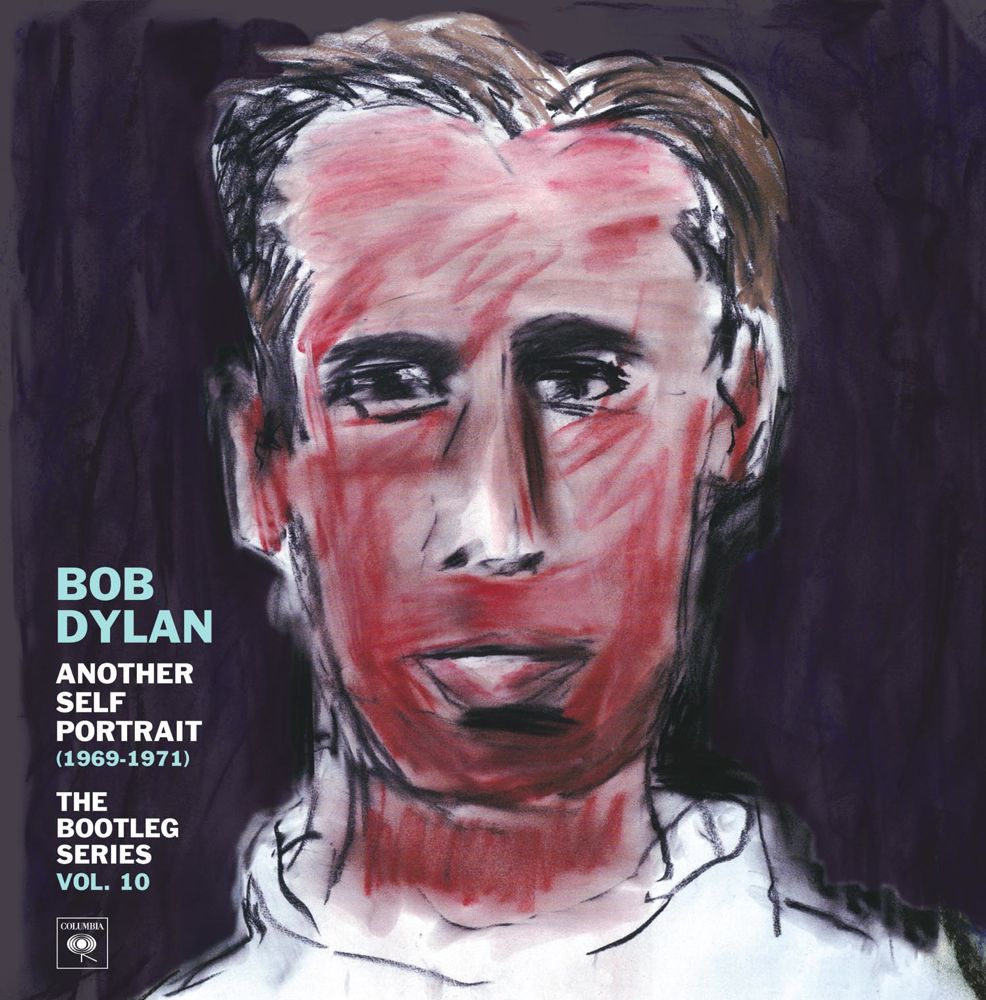“I Threw It All Away” is a nice alternate take of a track on Nashville Skyline which is also very nice. A curiosity.
“Railroad Bill” is a spirited version, with some spirited harmonica work, of an old folk song. I could listen to Dylan cover old songs he likes forever, because they show him in direct communication with the roots of his own compositions, and he often renders them with a heartfelt emotion or enthusiasm he could be reluctant to display on original works. A treasure.
It’s also great to hear Dylan cover songs by his contemporaries, which he does with the same heartfelt commitment, a sign of his artistic humility and good taste. “Thirsty Boots” by Eric Anderson is such a cover — you can tell that Dylan really admires it and wants to do it justice. A treasure.
“This Evening So Soon” is another old folk song which Dylan performs with obvious delight, relishing the disjointed narrative and the bold, disturbing images, characteristics of many of his own songs. A treasure.
“These Hands” is a very special treasure. Written by Eddie Noack in the 50’s and recorded by Johnny Cash on his album of religious songs Hymns From the Heart, released in 1962, the song celebrates the simple values of a working man — labor and faith. It points the way to the celebration of simple virtues on New Morning, and is sung by Dylan with absolute sincerity and feeling. Much later, Dylan’s song “Working Man’s Blues” would mine the same territory. It’s hard to imagine the creator of Blonde On Blonde performing this song with such plainness and devotion, but that’s Dylan for you, a Protean artist if there ever was one.
“In Search Of Little Sadie” is another stripped-down version of a song which appeared on Self Potrait with overdubs. It’s a different interpretation of “Little Sadie”, which also appeared on Self Potrait with overdubs and in this collection in a rawer state. Here, Dylan emphasizes (some might say overemphasizes) the anguish of the song, a cry of bewilderment and despair. It’s interesting to compare the two interpretations, here and on Self Portrait, but not all that interesting in either context. A curiosity.
“House Carpenter” is yet another old folk song about a woman who leaves the security of a good home and family for the love of a seafarer, and pays a terrible price. The crooning voice Dylan used on “Pretty Saro”, a lament which turns on the same theme of security versus passion, is left behind here for a raw and tense delivery, more in keeping with the violent denouement. A treasure.
“All the Tired Horses” is a strange number, consisting of a single couplet — “All the tired horses in de sun/How’m I supposed to get any riding done?” — sung over and over by a few female singers, without Dylan’s participation. It has a kind of incantatory power, and may well sum up Dylan’s basic feeling at this point in his career — a sense that the inspirations which had carried him this far were becoming exhausted. It appeared on Self Portrait with syrupy orchestral overdubs, and is presented here without the overdubs. The overdubs were actually sort of witty — the bombast of them emphasized the stark simplicity of the stunt, and made the track more interesting. The raw track here is a curiosity.

